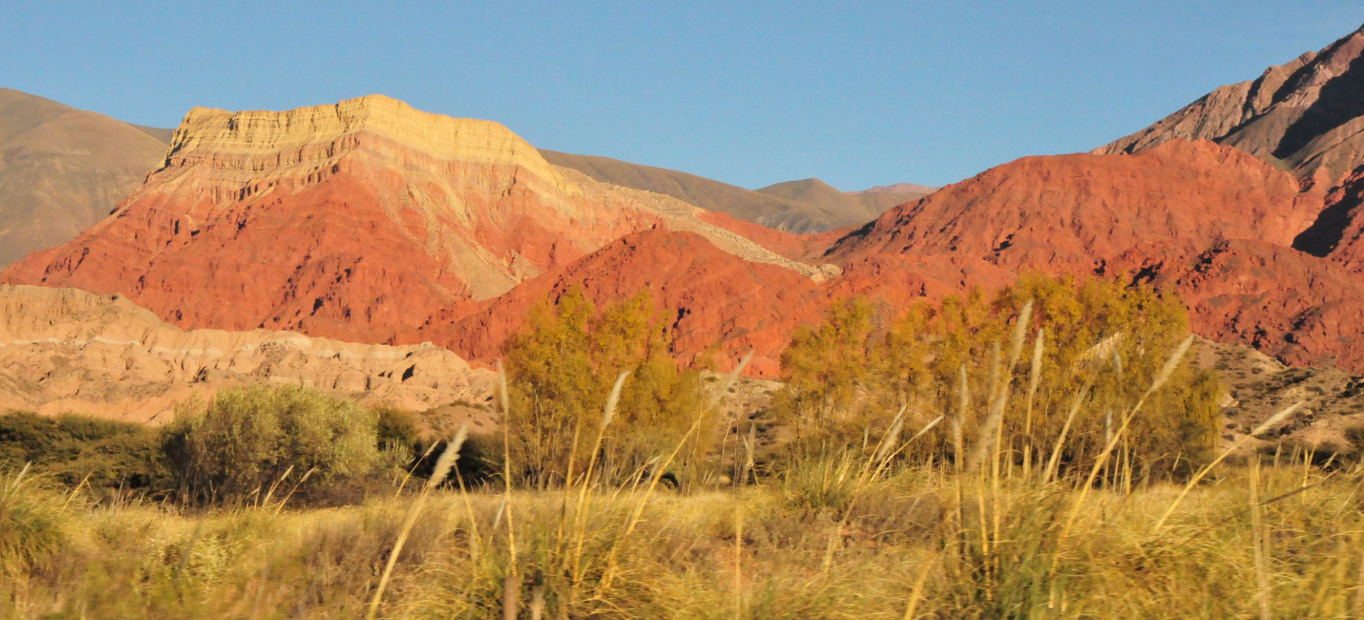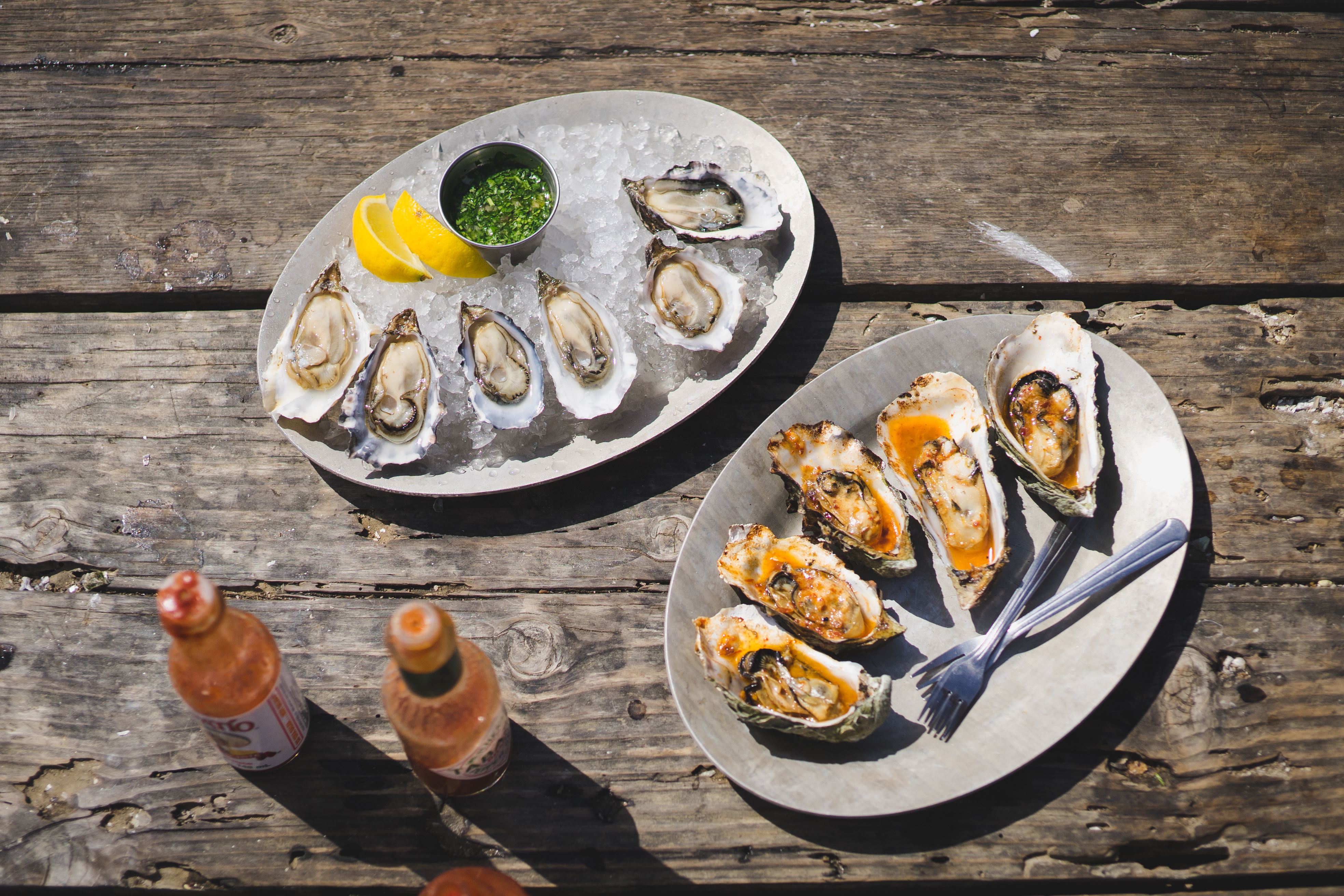This is Part 1 of the Wetlands International article series. Part 2 on the growing issue of dried wetlands can be accessed here.
Have you heard of the Puna region in South America? A few weeks ago, I had the chance to visit one of the places we work in the Puna, at Laguna de Pozuelos located in Jujuy province, Argentina.
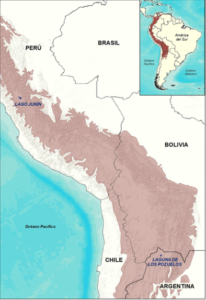
I joined my colleagues to assess the work we are carrying out as part of our two-year pilot project and to start making plans for how we would like to build on this in the future.
I was inspired by the beautiful landscape, the traditional way of living in these remote communities and the unique biodiversity. Despite this, I also left with some serious concerns about how the future will evolve for the people and nature, associated with this region.
The Puna is a vast area of arid grasslands hidden away at altitude in the Andes. It is remote and removed from most people’s daily lives, far from most big cities and sits in the shadow of some of the Andes highest peaks. Straddling the borders of Argentina, Bolivia, Chile and Peru. Sitting above 3500m it is high enough to take your breath away, and lack of oxygen is not the only reason! It is a landscape of rugged beauty at an epic scale. Here the development of the Andes Mountains is laid bare before you; improbable geological convulsions exposed and rearranged by water and wind.
It is also a region of colour. 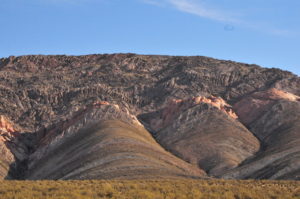
IN THE PHOTO: The rugged beauty of the Andean mountains in the Puna region. CREDIT: Wetlands International / Chris Baker
Framed by an azure blue sky, the rocks give the landscape a rich and varied palette, a spectrum of mineral colours that changes continuously with the sun’s daily passage.
Nestled between the hills and mountains lie oases of calm and life. Vibrant blue wetland lagoons give homes to rare and often endangered flamingos, ducks, wading birds and geese surrounded in the wet season by verdant green pastures. Arranged around them are communities whose way of life have been inextricably tied to them for hundreds, even thousands of years.
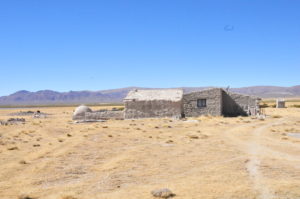
These pastures are a magnet for farmers, offering considerably better grazing than the surrounding mountain areas. They are used for grazing sheep, llamas, goats and sometimes cattle. In many areas, more than 4 out of 5 people are involved in livestock to support their way of living.
The Laguna occupies 5 percent of a closed basin that itself covers more than twice the metropolitan area of Buenos Aires. Both the basin and the Laguna are protected; as a UNESCO Man and the Biosphere Reserve, and under the National Park Administration; and as a Ramsar Site, respectively. All the basin’s rivers flow down to the Laguna and its satellite lagunas on the western side. It is home to charismatic and rare species such as the Vicuña, and lesser Rhea whilst part of a network of such sites across the Puna that support rare waterbird species such as the Andean flamingo.
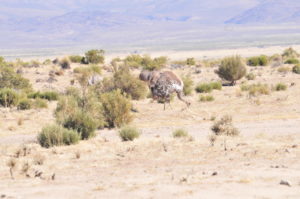
IN THE PHOTO: The Lesser Rhea, a flightless birdendemic to the region. CREDIT: Wetlands International / Chris Baker
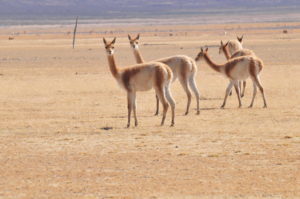
IN THE PHOTO: Vicuña; a regionally endemic species living around Laguna Pozuelos. CREDIT: Wetlands International / Chris Baker
Around 3,800 people live in the communities located in the Pozuelos Biosphere Reserve. They traditionally use the extensive marshes flanking the lake for grazing llamas and sheep. This has long formed the centre-piece of the basin’s way of life with meat and wool underpinning livelihoods and the local economy.
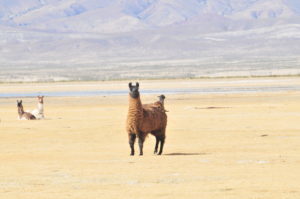
IN THE PHOTO: Llamas by the Laguna Pozuelos. CREDIT: Wetlands International / Chris Baker
The local communities’ culture is closely tied to their livestock with status and wealth indicated by the size of the herds.
Mining has also long been part of the landscape here with artisanal mining an important part of the economy of many villages.
However, life in the basin is becoming increasingly precarious for the people and nature.
Grazing land around the Laguna is becoming lower in quality and decreasing in availability. Water for livestock and communities is increasingly scarce. Pollution from a former mine has rendered some areas hazardous and unusable. A centuries-old way of life is under threat. On that note, I invite you to read my next article on a way of life under threat.


